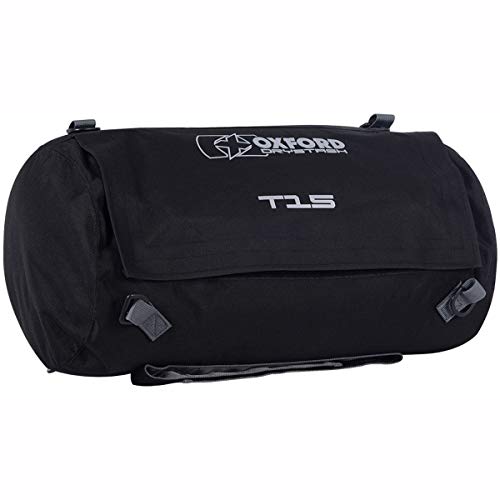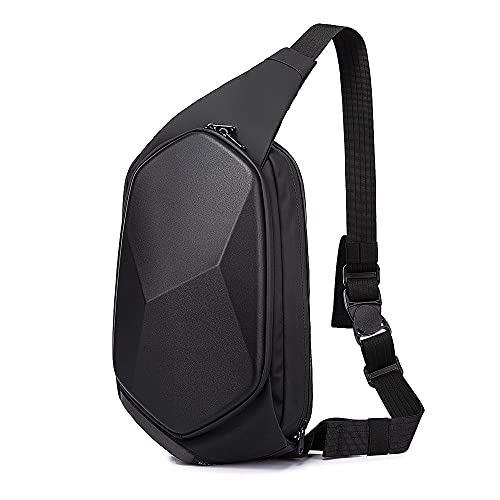HotRodZilla
GOD BLESS AMERICA
The FJR's motor has a compression ratio of 10.8:1. I could have sworn I read somewhere that premium fuel isn't even a consideration until ratios start hitting the 12:1 and above areas. Again, if Yamaha put 87 in their owners manual, why would anyone believe running 93 has to be better?
While looking, I found a good article from Road&Track. Says pretty much what any other article says: "Premium fuel isn't needed unless specified, but if you insist, it won't hurt anything." I did note that it also says many ECUs have "preset ceilings" and can't take advantage of higher octane fuel anyway. As simple as the FJR's ECU seems to be, and with no mention of it from Yamaha, I'm betting this ECU will NOT compensate for higher octane fuel.
Can't some of you guys just ride the dammed things?
https://www.roadandtrack.com/new-cars/car-technology/news/a18008/premium-fuel-futures/
While looking, I found a good article from Road&Track. Says pretty much what any other article says: "Premium fuel isn't needed unless specified, but if you insist, it won't hurt anything." I did note that it also says many ECUs have "preset ceilings" and can't take advantage of higher octane fuel anyway. As simple as the FJR's ECU seems to be, and with no mention of it from Yamaha, I'm betting this ECU will NOT compensate for higher octane fuel.
Can't some of you guys just ride the dammed things?
https://www.roadandtrack.com/new-cars/car-technology/news/a18008/premium-fuel-futures/
Last edited by a moderator:




















































